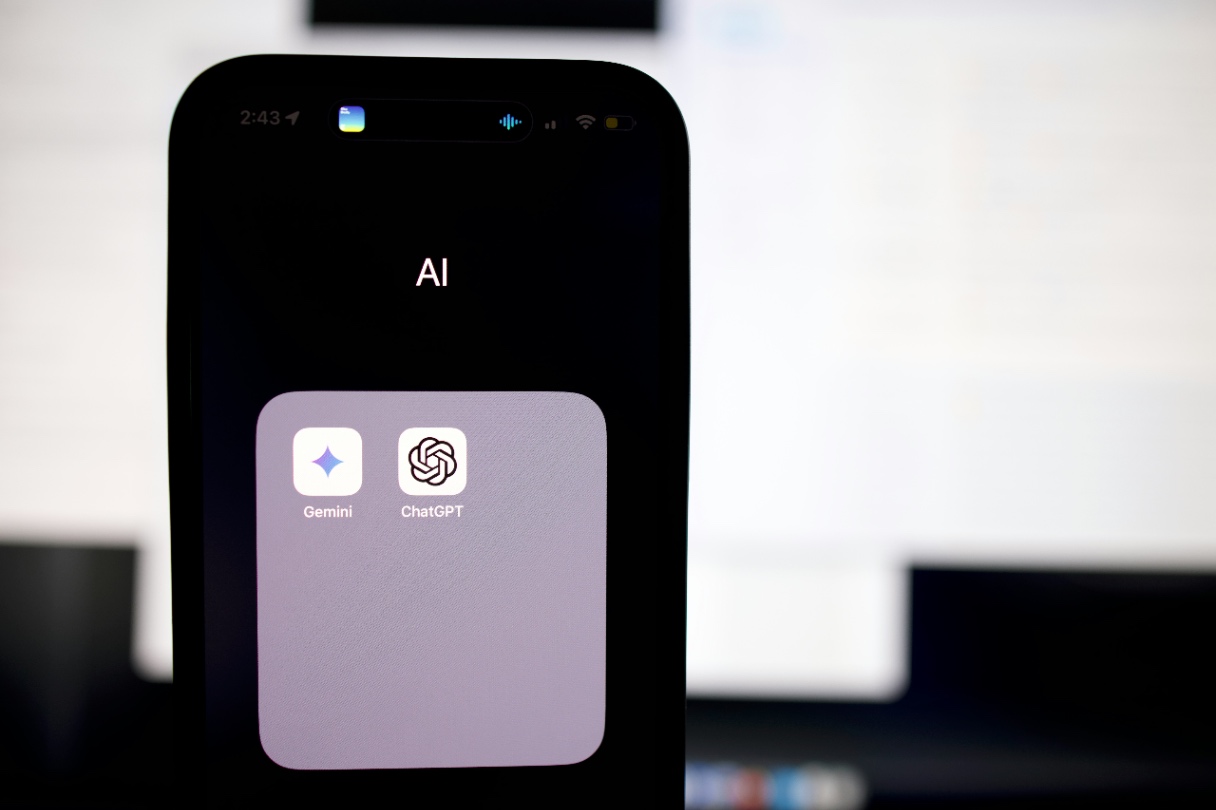Looking for new ways to reach your target audience and grow your customer base? In recent years, Facebook Groups and chatbots have emerged as powerful tools to engage with your audience and promote your product or service.
What is ChatGPT, and how does it work for social media marketing?
ChatGPT is a language model designed to engage in human-like conversations with users. It uses natural language processing (NLP) and machine learning algorithms to understand and respond to user inputs conversationally.
ChatGPT can be used for social media marketing to engage with customers in a personalized and interactive way. It helps you build a strong brand image and increase customer engagement by providing quick and relevant responses to user queries.
For example, ChatGPT can answer frequently asked questions about products or services, provide personalized recommendations based on user preferences, and even assist with online purchases. It can help businesses improve customer satisfaction, drive sales, and build a loyal customer base.
ChatGPT can also reply to monitored social media conversations and engage with users who mention a brand or product. By responding to user comments and feedback in real time, businesses can demonstrate their commitment to customer service and build positive relationships with their audience.
What are the benefits of using ChatGPT for social media marketing?
There are several benefits of using ChatGPT for social media marketing:
- Increased efficiency
Handle multiple conversations to engage with more customers simultaneously. Your business saves time and resources while providing personalized and timely responses to its audience.
- Improved customer satisfaction
Improve customer satisfaction and build positive relationships with their audience with quick and relevant responses. It increases brand loyalty.
- Enhanced engagement
Provide recommendations, answer questions, and even offer promotions or discounts. You can increase customer engagement and drive sales.
- 24/7 availability
ChatGPT operates 24/7, allowing businesses to provide customer support and engage with their audience at any time. This is useful for global customer bases or industries requiring round-the-clock support.
- Cost-effective
ChatGPT is a cost-effective alternative to hiring and training a team of customer service representatives.
What are some of the best practices for using ChatGPT in AI social media marketing?
The best practices may depend on the purpose for which you are using ChatGPT. Here are some best practices for using ChatGPT in social media marketing:
- Train ChatGPT with Relevant Data: Before using ChatGPT, train it with relevant data, such as your brand guidelines, customer demographics, and previous social media content. It will help the AI generate content that aligns with your brand and resonates with your target audience.
- Edit and Review Generated Content: Although ChatGPT can generate high-quality content, review and edit it to ensure it meets your brand standards and communicates the intended message.
- Use ChatGPT as a Complement to Human Efforts: While ChatGPT is a valuable tool for social media marketing, it should not replace human efforts. Use ChatGPT to generate ideas and save time, but always have a human oversee the content and engagement with your audience.
- Avoid Overusing Generated Content: Avoid relying on the AI too heavily. Overusing generated content can lead to a lack of authenticity and engagement from your audience. Instead, use ChatGPT to supplement your content strategy and provide fresh ideas.

Can ChatGPT be used for real-time social media engagement and customer service?
ChatGPT can be used for real-time social media engagement and customer service. However, note that ChatGPT is an automated system and may not have the same level of responsiveness and understanding as a human customer service representative.
One potential challenge of using ChatGPT for real-time engagement is that the system may not be able to handle a high volume of customer inquiries simultaneously. In such cases, the system may require additional resources or human intervention to manage customer service effectively.
How can businesses ensure the ethical use of ChatGPT in social media marketing?
Ethics are crucial in building and maintaining trust between individuals and organizations. By respecting ethics, we demonstrate our commitment to fairness, honesty, and integrity, which helps to build trust and establish positive relationships with others.
Businesses can ensure the ethical use of ChatGPT in social media marketing by taking the following steps:
- Be transparent about using ChatGPT: Businesses should communicate to their customers that they are using ChatGPT for social media marketing. They should also provide information about how the system works and what data is collected.
- Use ChatGPT to augment, not replace, human interaction: ChatGPT should be used to enhance customer service and engagement, not to replace it. Businesses should ensure human oversight of ChatGPT responses and intervene when necessary.
- Ensure that ChatGPT responses align with brand values: Businesses should carefully monitor ChatGPT responses to align with the brand values and messaging. Inappropriate or offensive responses should be flagged and removed.
- Protect customer data: Businesses should ensure that customer data collected by ChatGPT is protected and used only for the intended purposes. They should be transparent about data collection and allow customers to opt-out if desired.
- Regularly review and update ChatGPT responses: Businesses should regularly review and update ChatGPT responses to ensure they are accurate, relevant, and aligned with current messaging and brand values.
- Provide a clear channel for feedback and complaints: Businesses should provide a clear channel for customers to provide feedback and complaints about ChatGPT responses. They should take these complaints seriously and use them to improve the system and customer service.
What is the future of ChatGPT in social media marketing, and how can businesses stay ahead of the curve?
ChatGPT has a promising future in AI social media marketing, as it continues to advance. As businesses increasingly embrace automation to streamline their marketing efforts, ChatGPT will play an important role in providing personalized and accurate responses to customers. To stay ahead of the curve, businesses must stay informed about the latest developments and trends in AI technology. It can involve attending conferences, following industry blogs and publications, and working with technology partners who specialize in AI.
Regular monitoring and optimization of ChatGPT performance are also crucial, using data analytics to identify areas for improvement and enhance the overall customer experience. Investing in training and development to manage and optimize the technology is equally important. Businesses must also embrace a holistic marketing approach that includes multiple channels to provide a seamless customer experience across all touchpoints. Ultimately, the customer's needs and preferences should always be the top priority, and businesses must continuously adapt and optimize their marketing strategies to meet these needs. Businesses can leverage ChatGPT and other AI technologies to enhance their social media marketing efforts and provide a superior customer experience.
How can I best use Devi AI’s ChatGPT integration?
Devi AI’s ChatGPT integration brings a lot of possibilities to our AI leads monitoring and outreach tool. With Devi, you can monitor and reach Facebook groups, Reddit, LinkedIn, and Twitter.
Here are some benefits of efficiently utilizing Devi AI’s ChatGPT integration.
- Automatically generate non-spammy replies that answer user questions first and add your business promotion and link.
- Automatically generate helpful replies to user queries without promotion to build trust and reliability. on-ship
- Prompt Library: Access 50+ ChatGPT marketing and sales prompts to create content for your business/industry
- Add your business info once so ChatGPT create better content with your business context and links every time.
You can read our article about how Devi AI automates lead outreach with ChatGPT and better understand how ChatGPT can help your outreach efforts. You can also visit GrabOn to explore other AI tools that can help your company or business to scale.
Monitoring online communities manually can be time-consuming - Use Devi AI, an automated Facebook group tracking tool with a CHAT-GPT Integration to save time and money.

